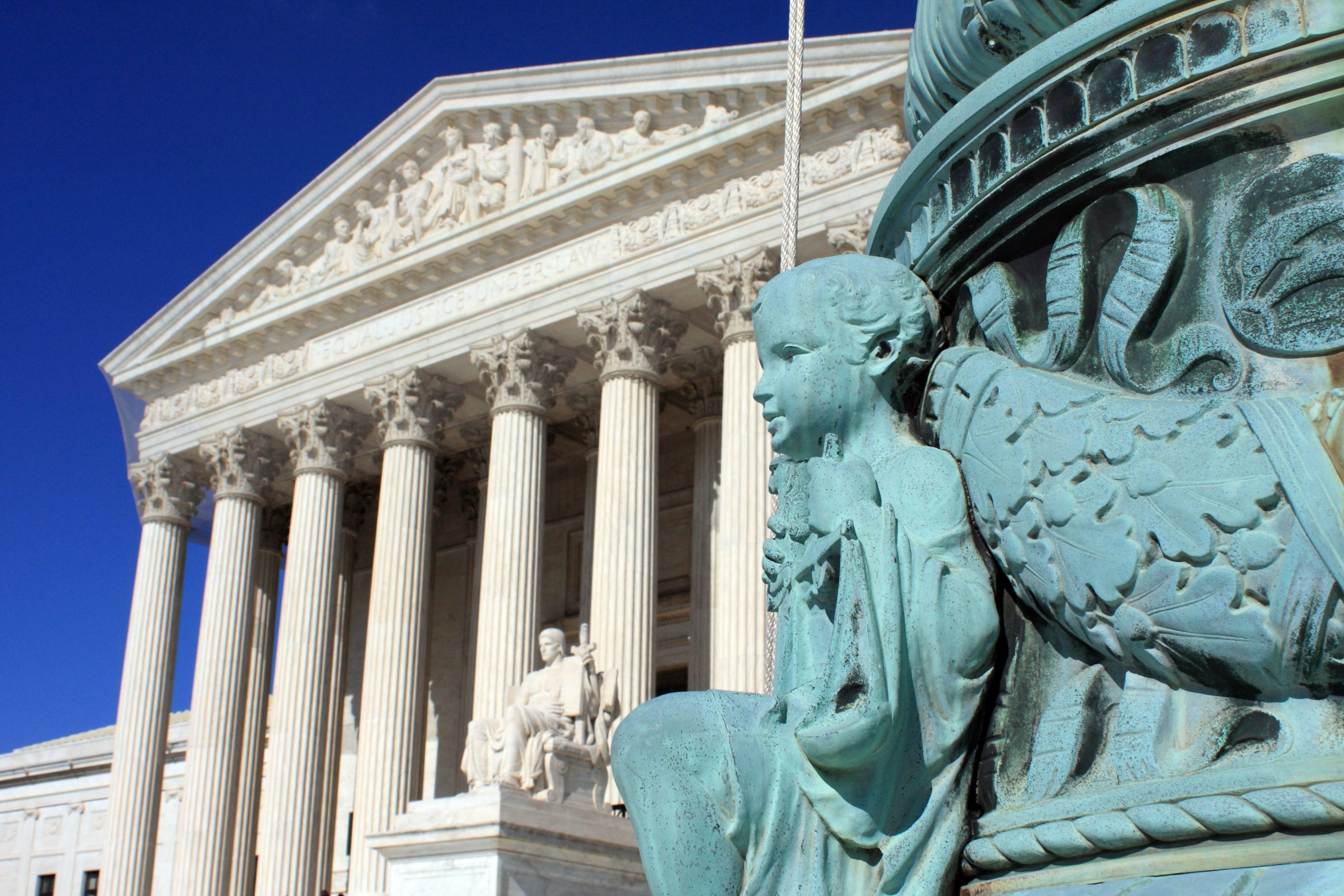Dogecoin arbitration dispute hits high court


In their second case this month under the Federal Arbitration Act, the justices will hear oral argument on Wednesday in Coinbase v. Suski. The case follows in a well-worn track of the justices’ arbitration cases. It begins when a business enters into an arbitration agreement with one of its customers. Later, when the parties fall into dispute, the business tries to enforce the agreement, arguing that the FAA compels enforcement. Instead, a court (often a California state court or the U.S. Court of Appeals for the 9th Circuit, appeals court in California) refuses to send the dispute to arbitration. In the great majority of those cases, the justices disagree and reverse the decision of the lower court protecting the customer from arbitration.
The matter here involves Coinbase, which operates a large cryptocurrency exchange platform (one of the solvent ones). All Coinbase users sign a user agreement, which explicitly and in painful detail (informed by considerable litigation experience in California) calls for arbitration of any dispute involving any services provided by Coinbase. Among other things, the agreement includes a “delegation clause,” which gives the arbitrator the power not only to resolve the substance of disputes between Coinbase and its customers, but also to determine whether any particular dispute falls within the scope of the arbitration agreement.
The case before the court involves a sweepstakes that Coinbase sponsored related to the infamous dogecoin. Coinbase circulated official rules for that sweepstakes, which included a forum-selection clause. Seizing on that clause, David Suski and a group of other Coinbase users (all of whom had accepted Coinbase’s arbitration-prescribing user agreement) who participated in the sweepstakes filed a putative class action in a California federal district court. Both the trial court and the 9th Circuit concluded that the inclusion of a forum-selection clause in the sweepstakes rules (which necessarily contemplates litigation, rather than arbitration) took that dispute out of the scope of the arbitration clause in Coinbase’s user agreement.
Coinbase has the easy side of the briefing here, as it can draw on a wealth of pro-arbitration decisions under the FAA. Its argument is simple and linear. The Supreme Court has looked in the past at delegation clauses, and its cases on them call for the enforcement of any delegation clause unless the customer can bring a challenge to the contractual enforceability of the clause. The argument here is only about the scope of the clause, its meaning, rather than about its enforceability. Accordingly, Coinbase argues, the lower courts erred in arrogating to themselves the right to consider whether the sweepstakes rules superseded the agreement to arbitrate in the user agreement.
Suski largely abandons any effort to defend the reasoning of the 9th Circuit. Rather, he argues that this fundamentally is a dispute about the meaning of the delegation clause in the user agreement. Because Suski has only agreed to arbitrate the disputes covered by that clause, he should not be forced to arbitrate any dispute that a court has not determined falls within the scope of the delegation clause.
As Coinbase explains in its briefs, that argument on its face is quite difficult to reconcile with the court’s existing cases. It is possible that the justices will be more impressed with an argument presented by Public Citizen in a friend-of-the-court brief, which argues that the key feature of this cases is supersession. For Public Citizen, this is not a case about deciding whether a particular dispute falls within the scope of the user agreement as originally written. Instead, this case involves a logically prior question: whether that agreement has been superseded by a later contract. None of the court’s earlier cases have involved disputes about the supersession of a first-in-time arbitration agreement by a second-in-time agreement between the parties. The question of how those agreement fits together is a classic question of contract law, and just the kind of question, Public Citizen contends, as to which preemption by the FAA is inappropriate.
As with Bissonnette v. LePage Bakeries Park St., LLC, argued in the first week of the February argument session, the familiarity of the justices with the FAA is likely to produce a quick cut to the chase. The arguments in these cases tend to shed a great deal of light on the inclinations of the justices, if only because it is so rare that a majority of them give any credence to the arguments of the customers.
Posted in Featured, Merits Cases
Cases: Coinbase, Inc. v. Suski
